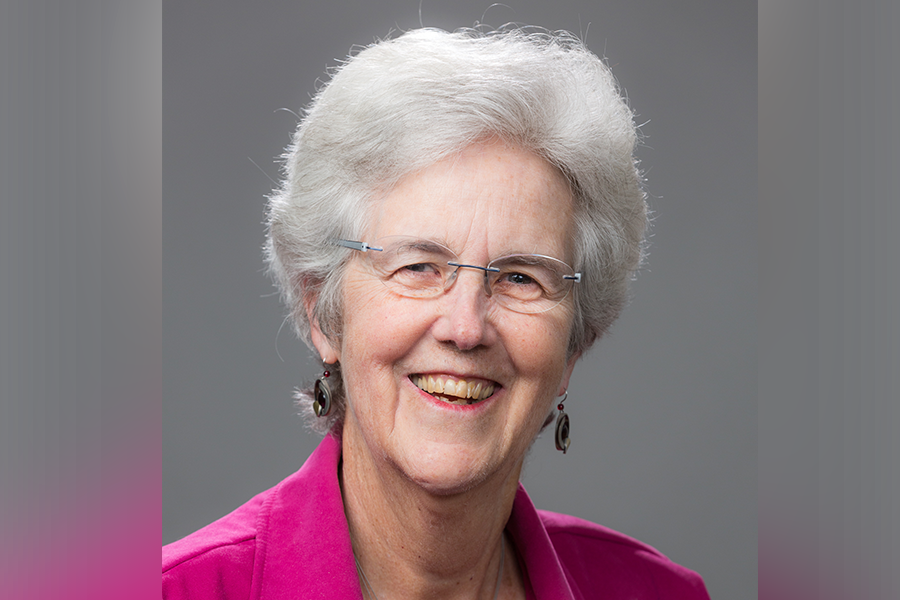
Helen F. Ladd ’67
The Diane Silvers Ravitch ’60 Lecture
Charter schools are publicly funded schools that operate outside traditional public school systems. Started in Minnesota in the early 1990s, they have spread across the country and now enroll more than 6 percent of all K-12 students in the U.S. — and more than 40 percent in some urban districts. Moreover, charter school enrollments have been increasing during the COVID-19 pandemic.
In this lecture, economist and Wellesley graduate Helen F. Ladd ’67 draws on her many years of education research to spell out four central requirements of good education policy in the U.S. She then explains how charter schools undermine each of them. She argues that, first and foremost, good education policy requires a coherent education system with sufficient public funding for a state to meet its constitutionally mandated education responsibilities. Good policy also requires that policy makers attend to the educational challenges associated with child poverty and that they promote equal educational opportunity for students of all races. Finally, good education policy requires public accountability for a broad set of valued education outcomes.
Although some charter schools may be less disruptive to good policy than others, and some undoubtedly produce positive outcomes for certain students, Ladd argues that charter schools, as currently designed and operated, typically do far more to interfere with, rather than to promote, good education policy in the U.S.
This is an in-person event, open only to students, staff, and faculty in the Wellesley College testing protocol. The event will also be livestreamed at www.wellesley.edu/live.
Jeanne Hicks, jhicks2@wellesley.edu or Soo Hong, shong@wellesley.edu
the Diane Silvers Ravitch ’60 Lecture Fund
